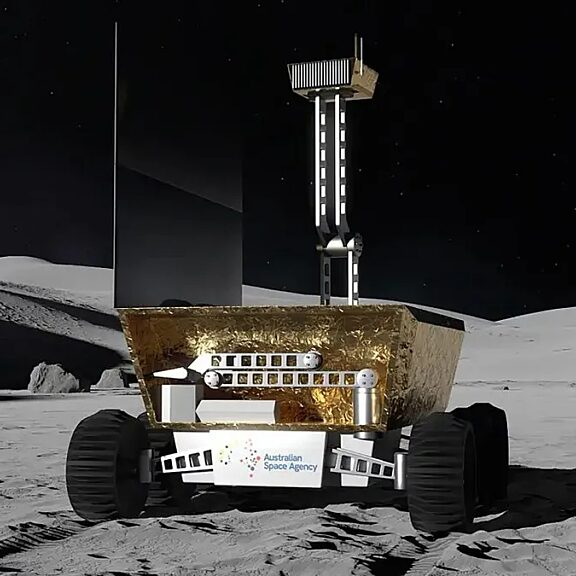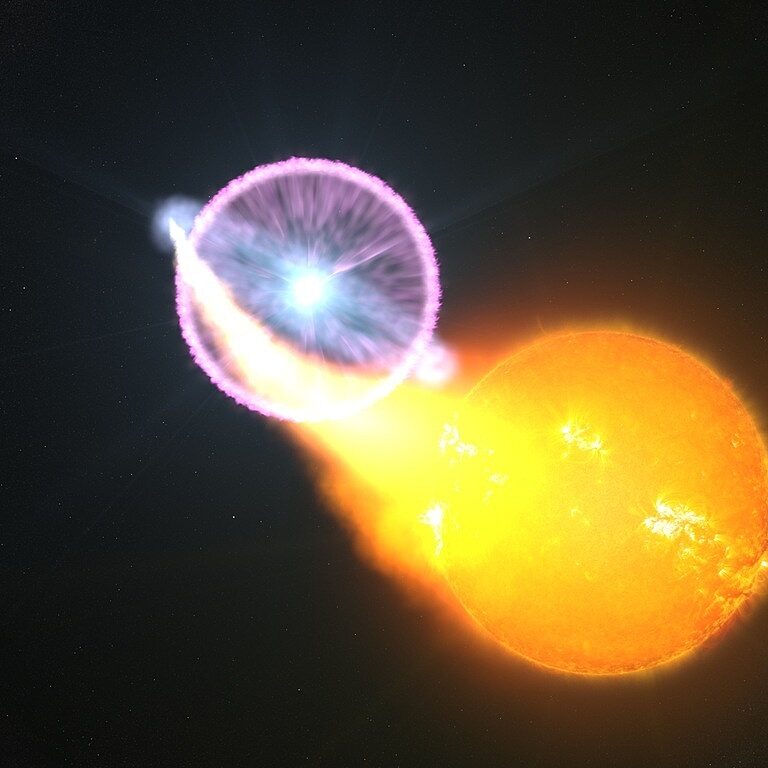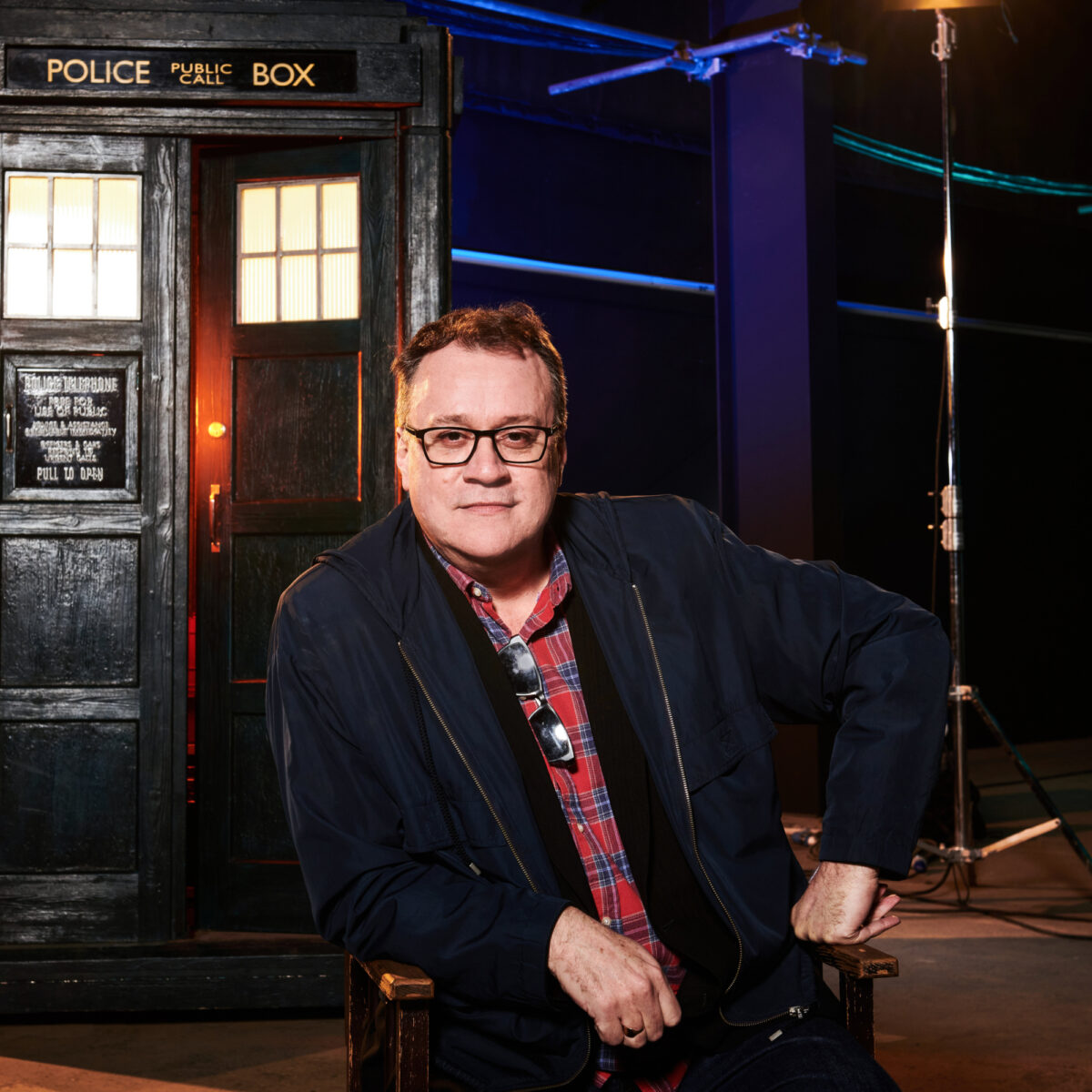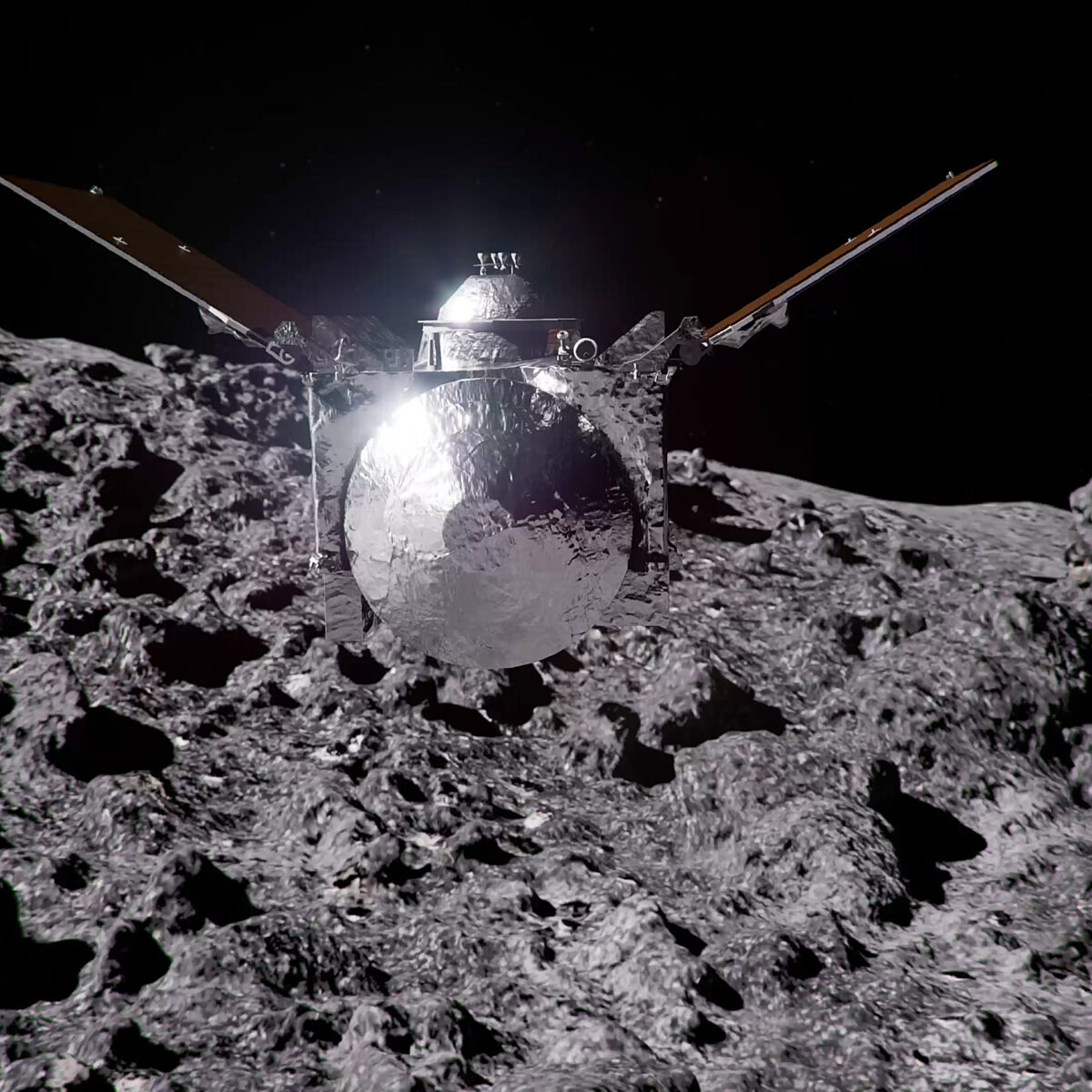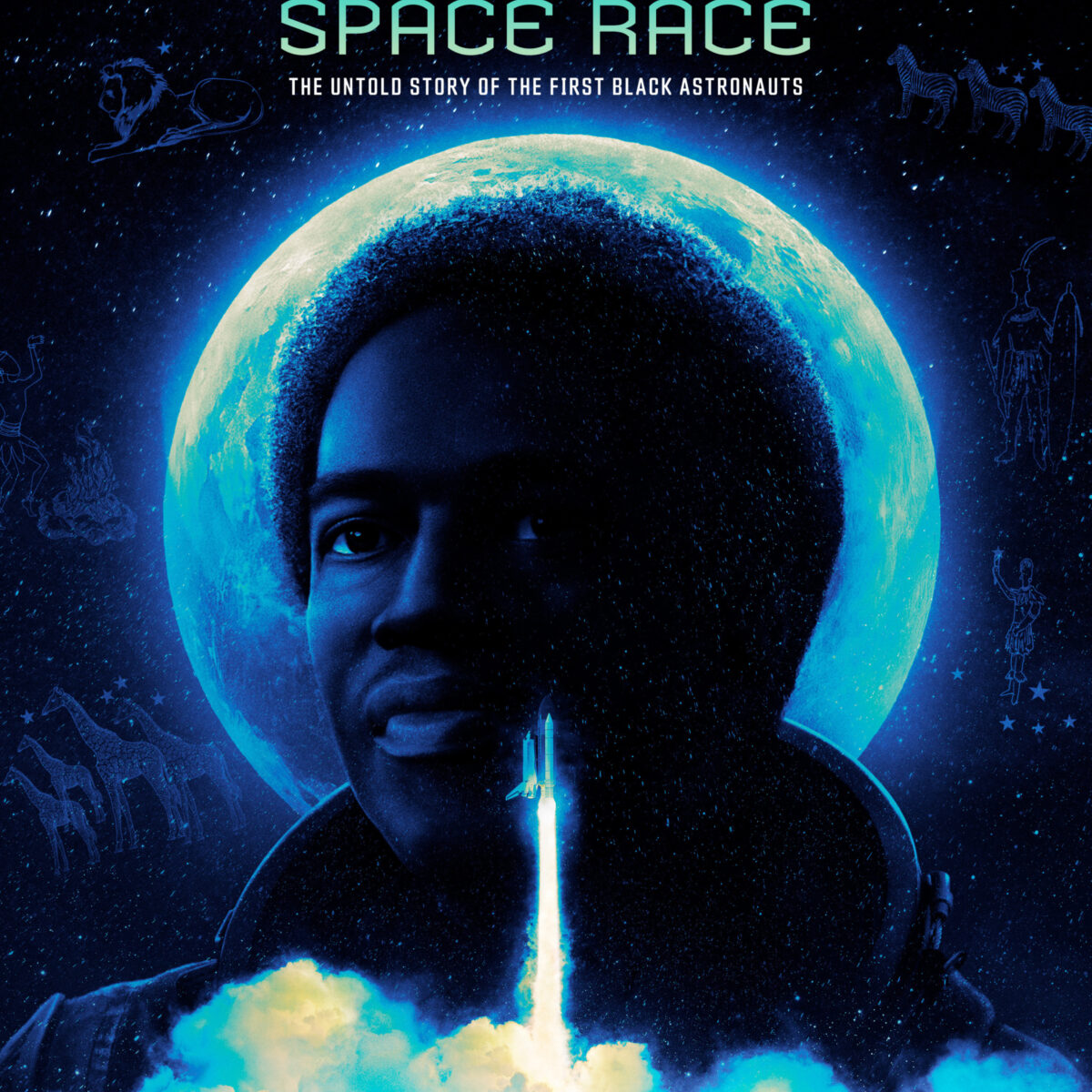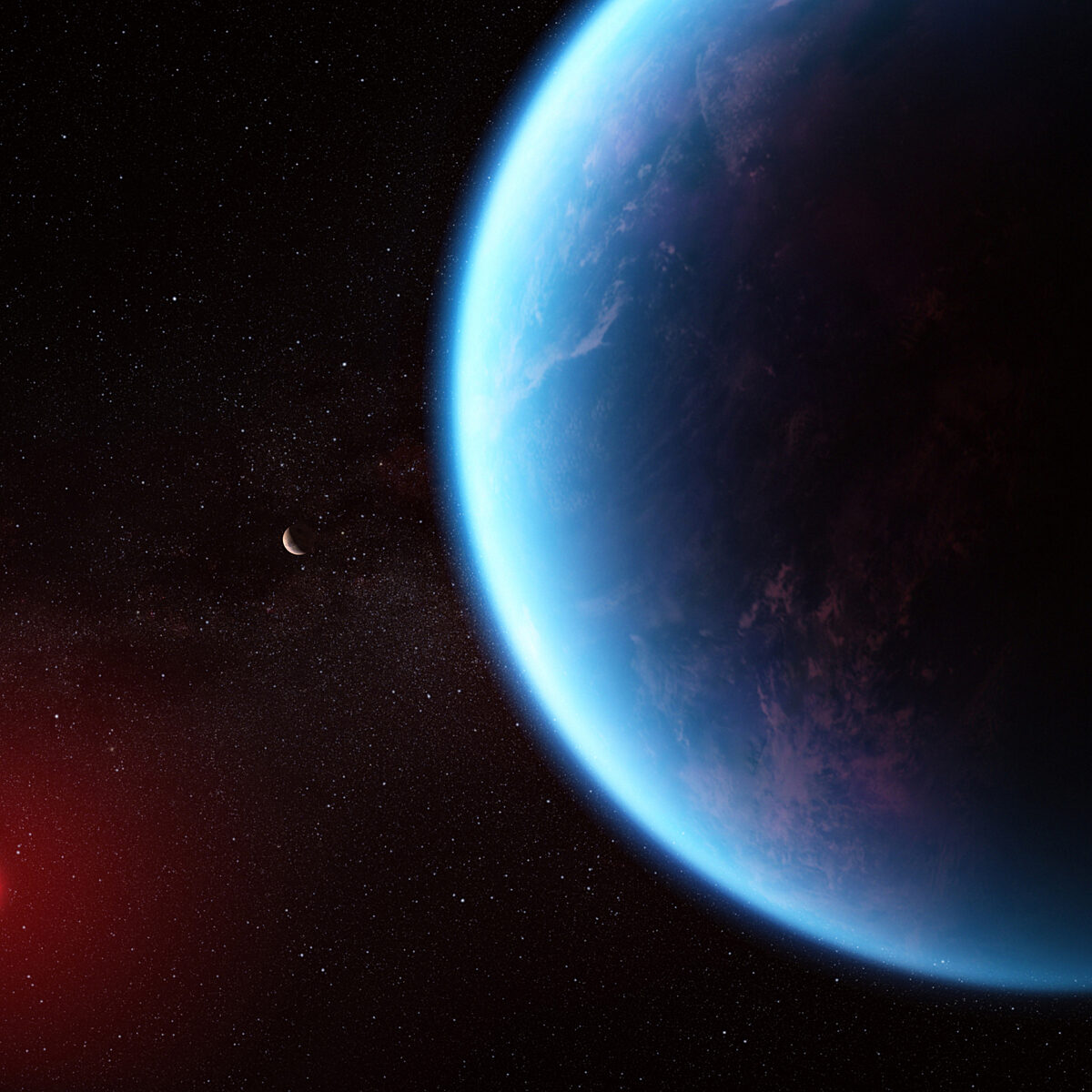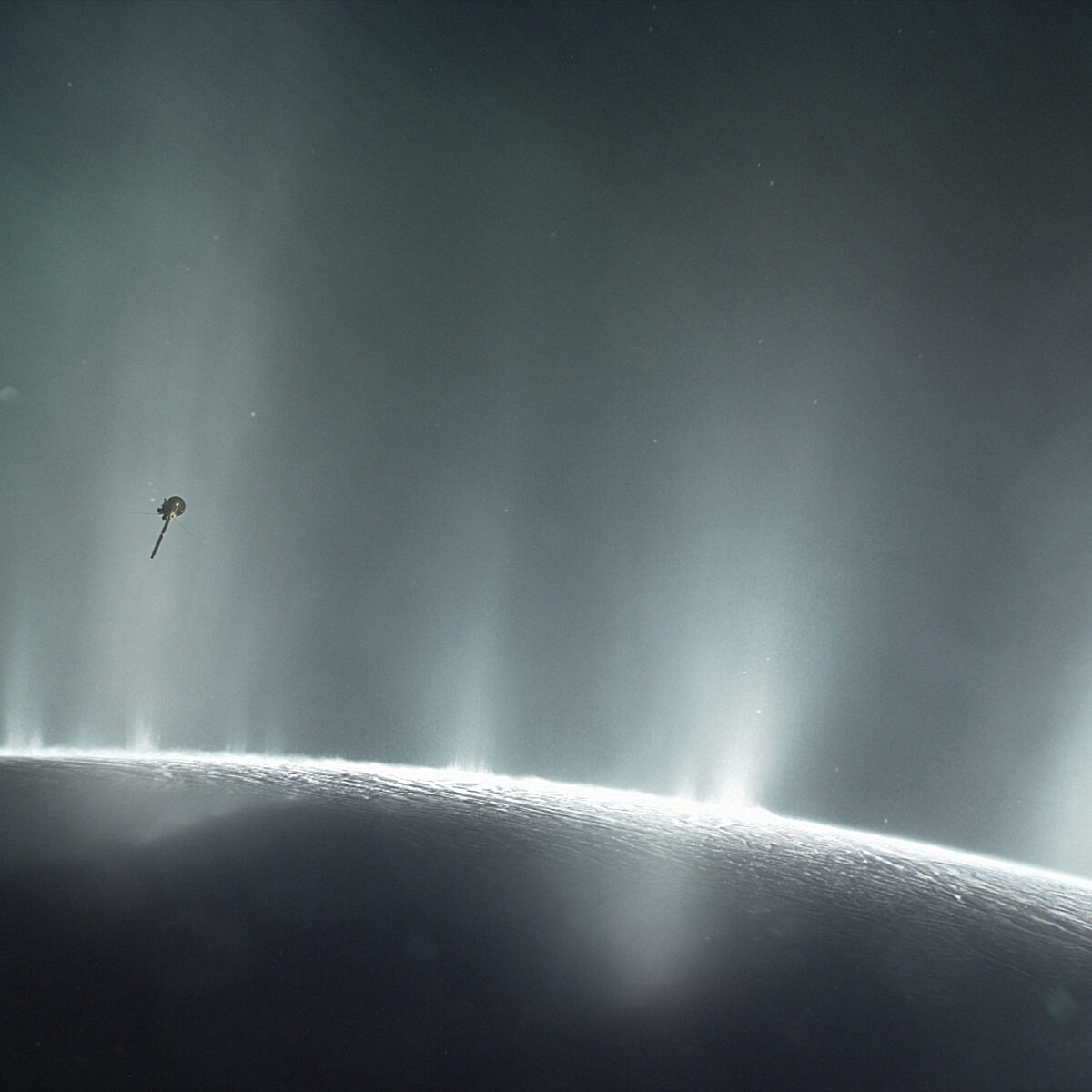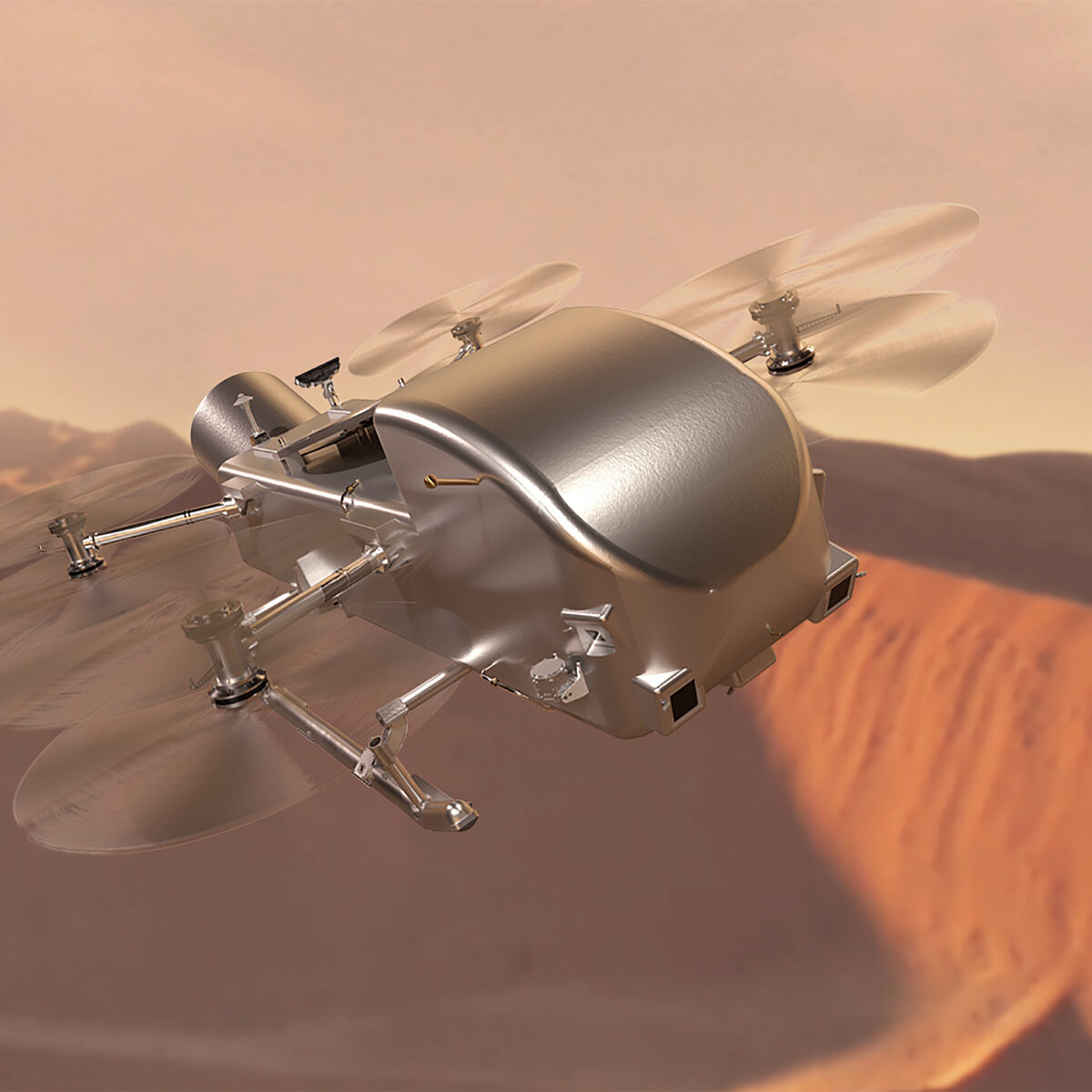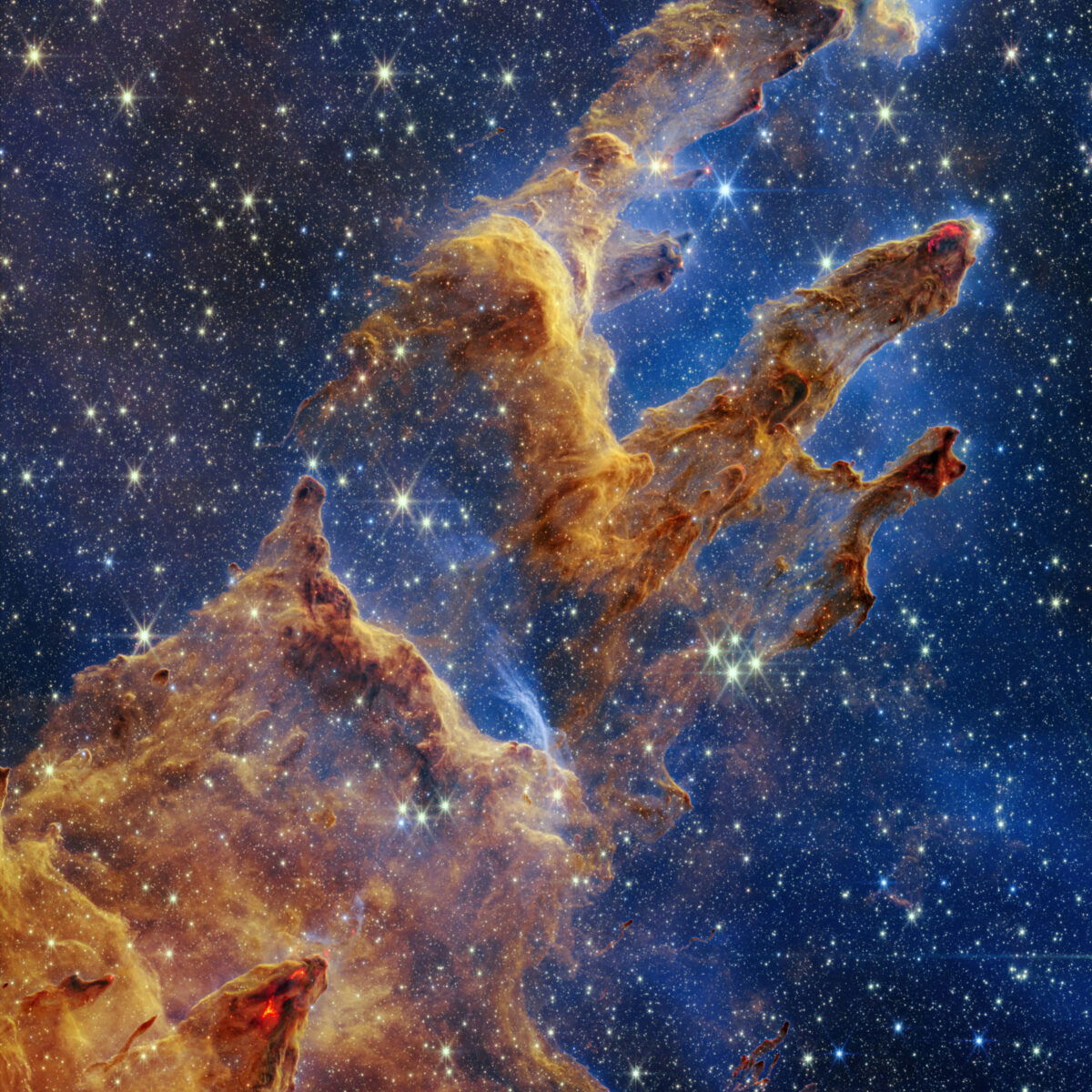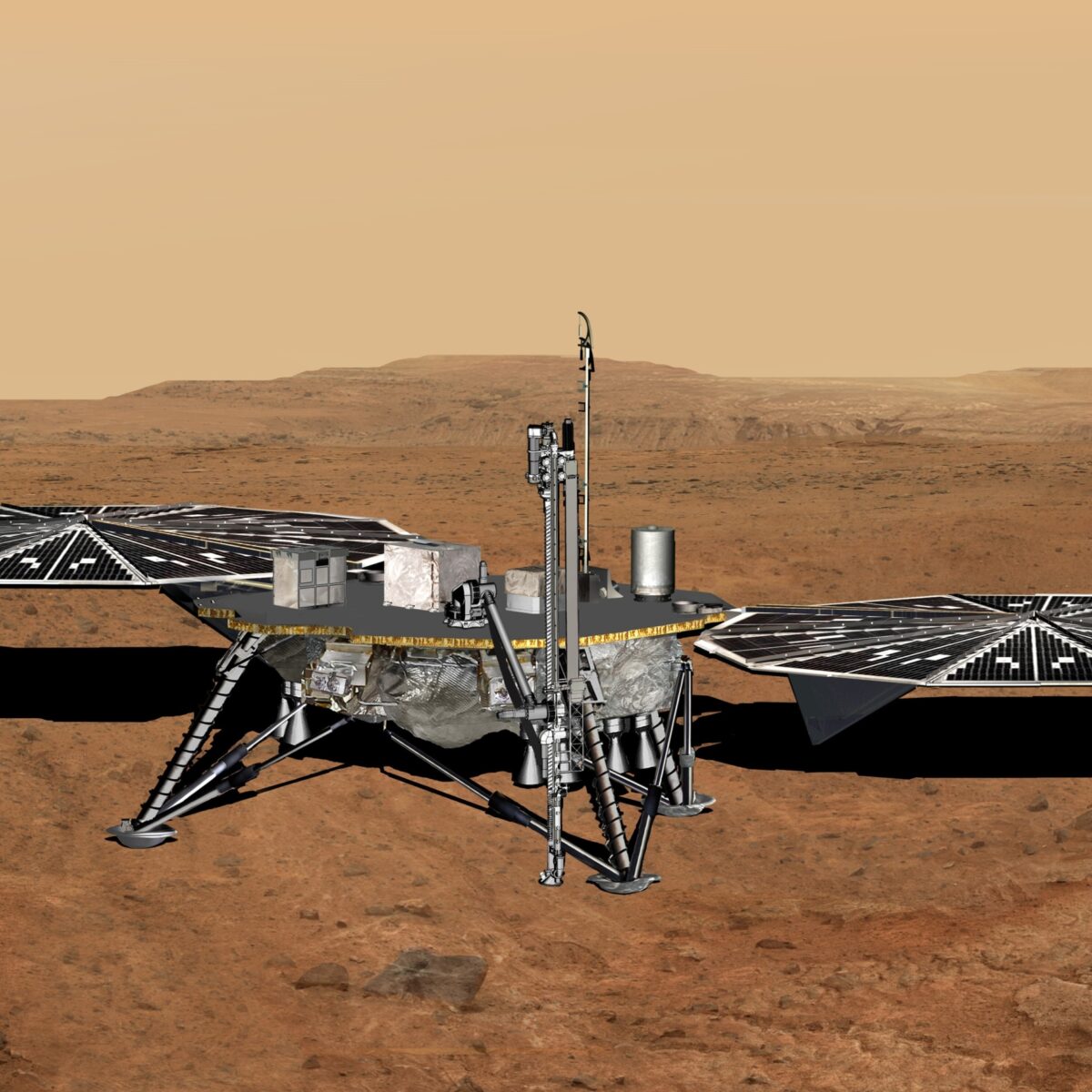Since 2002, Planetary Radio has visited with a scientist, engineer, project manager, advocate, or writer who provides a unique perspective on the quest for knowledge about our Solar System and beyond. The full show archive is available for free.
Search Planetary Radio
Newton Campbell Jr., the director of the Australian Remote Operations for Space and Earth (AROSE) Consortium, discusses his career journey, AI in space, and Australia's first lunar rover, the Roo-ver.
Every major NASA center built after the agency’s inception is located in the American South. Why? Dr. Brian Odom, NASA’s chief historian, joins the show to discuss the cultural, political, and historical implications of NASA’s expansion into the South.
We observe Asteroid Day with an update on NASA’s Double Asteroid Redirection Test (DART) mission with the Asteroid Foundation’s Markus Payer and JHUAPL’s Terik Daly.
RadioLab's Latif Nasser returns to Planetary Radio with a new public naming contest for a quasi-moon of Earth.
Holy texts and salvation ideology. Saints and martyrs. True believers and apostates. This isn’t a religion — this is human spaceflight, argues Roger Launius, the former Chief Historian of NASA.
Kelly Biderman, the CEO of Havoc Robotics, joins Planetary Radio to share how the National Havoc Robot League helps to prepare the next generation of space engineers. Then we hear from Florence Pouya, the former captain of the Afghan Girls Robotics Team.
We explore how Doctor Who has influenced the scientific community with Russell T. Davies, the past and present showrunner of the iconic science fiction TV series.
Bob Pappalardo, Europa Clipper's project scientist, visits The Planetary Society headquarters in Pasadena, CA, to share the story of the mission's vault plate, humanity's next collection of messages to another world.
We explore NASA's first tabletop role-playing game with senior multimedia specialist Christina Mitchell and a new way to find water worlds with Amaury Triaud from the University of Birmingham.
Former NASA Administrator Mike Griffin discusses his claim that there is a tension between the so-called Real reasons that motivate spaceflight and the prosaic, Acceptable reasons used to justify space exploration within the public sphere.
Scott Guzewich, deputy project scientist for NASA’s OSIRIS-APEX mission, joins Planetary Radio to discuss the next steps for the mission as we count down to asteroid Apophis’ flyby of Earth in 2029.
This week on Planetary Radio, we take a peek behind the scenes at National Geographic's new documentary, “The Space Race,” which celebrates the triumphs and struggles of the first African-American space pioneers and astronauts.
Knicole Colón, the deputy project scientist for exoplanet science for JWST, joins Planetary Radio to discuss the detection of methane and carbon dioxide in the atmosphere of K2-18 b.
Chris Glein, a lead scientist at the Southwest Research Institute, joins Planetary Radio to talk about the discovery of phosphorus in the oceans of Saturn’s moon Enceladus and the implications for the search for life.
NASA's Dragonfly mission to Saturn's moon Titan has been authorized to proceed with work on final mission design and fabrication. This week on Planetary Radio, we get an update on the mission's progress and new timeline.
Nathaniel Kahn, an Oscar-nominated filmmaker and the director of Deep Sky, joins Planetary Radio this week to discuss the film's decade-long creation process and the magic of JWST images on the big screen.
Louis Friedman, one of the three co-founders of The Planetary Society, joins Planetary Radio to discuss his new book, Alone but Not Lonely: Exploring for Extraterrestrial Life.
Amy Williams, assistant professor of geology at the University of Florida, joins Planetary Radio to discuss the proposed Mars Life Explorer mission and the search for extant life on Mars.
Chris Glein, a lead scientist at the Southwest Research Institute, joins Planetary Radio to talk about the discovery of phosphorus in the oceans of Saturn’s moon Enceladus and the implications for the search for life.
Would meeting an extraterrestrial civilization be good or bad for humanity? Astronomer Dr. Jacob Haqq Misra argues that knowing the outcome in advance is fundamentally impossible.


 Explore Worlds
Explore Worlds Find Life
Find Life Defend Earth
Defend Earth


